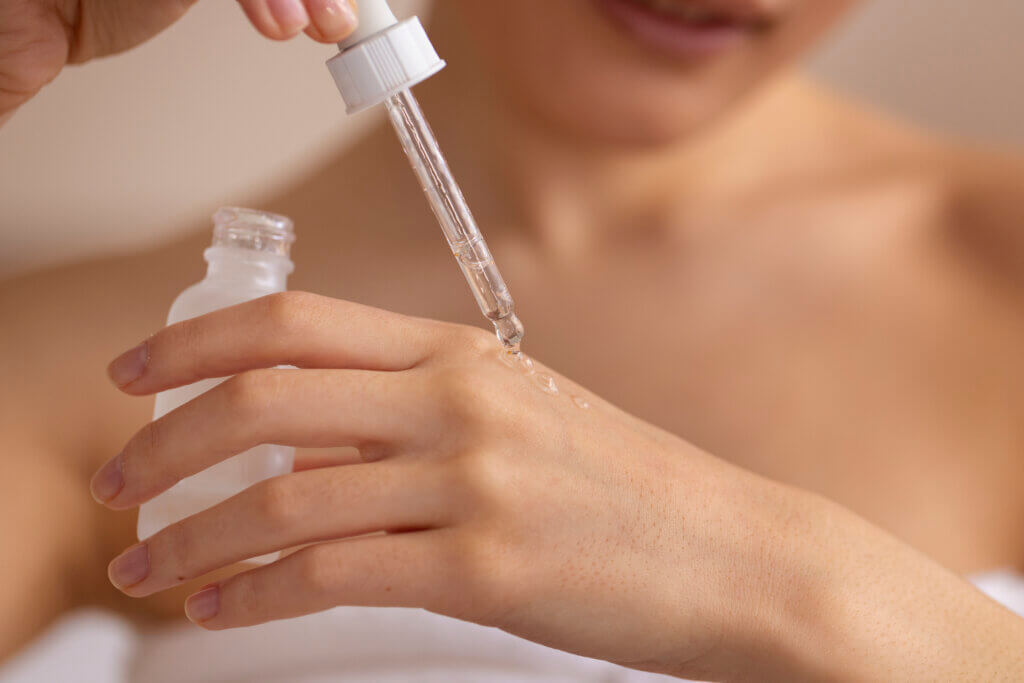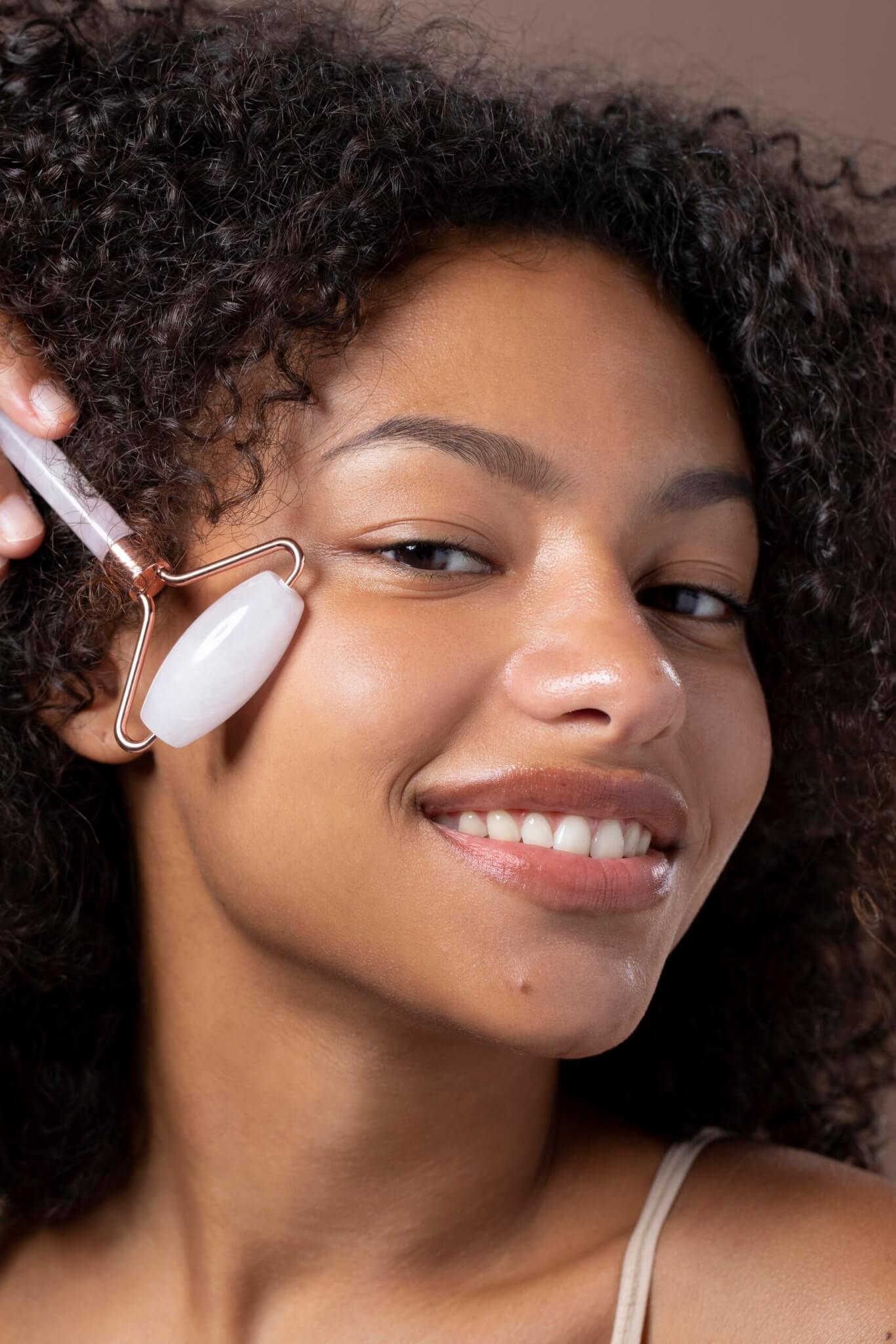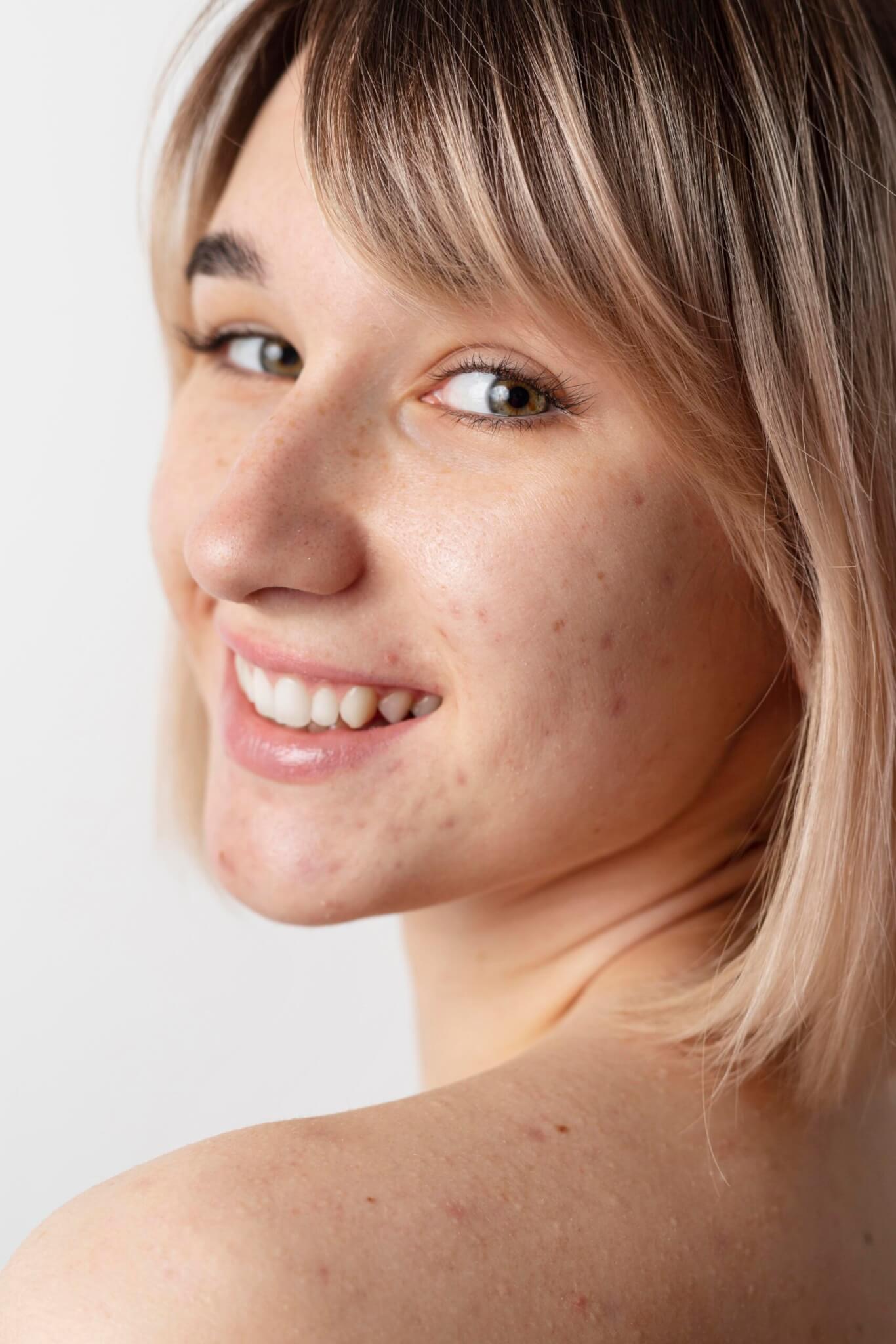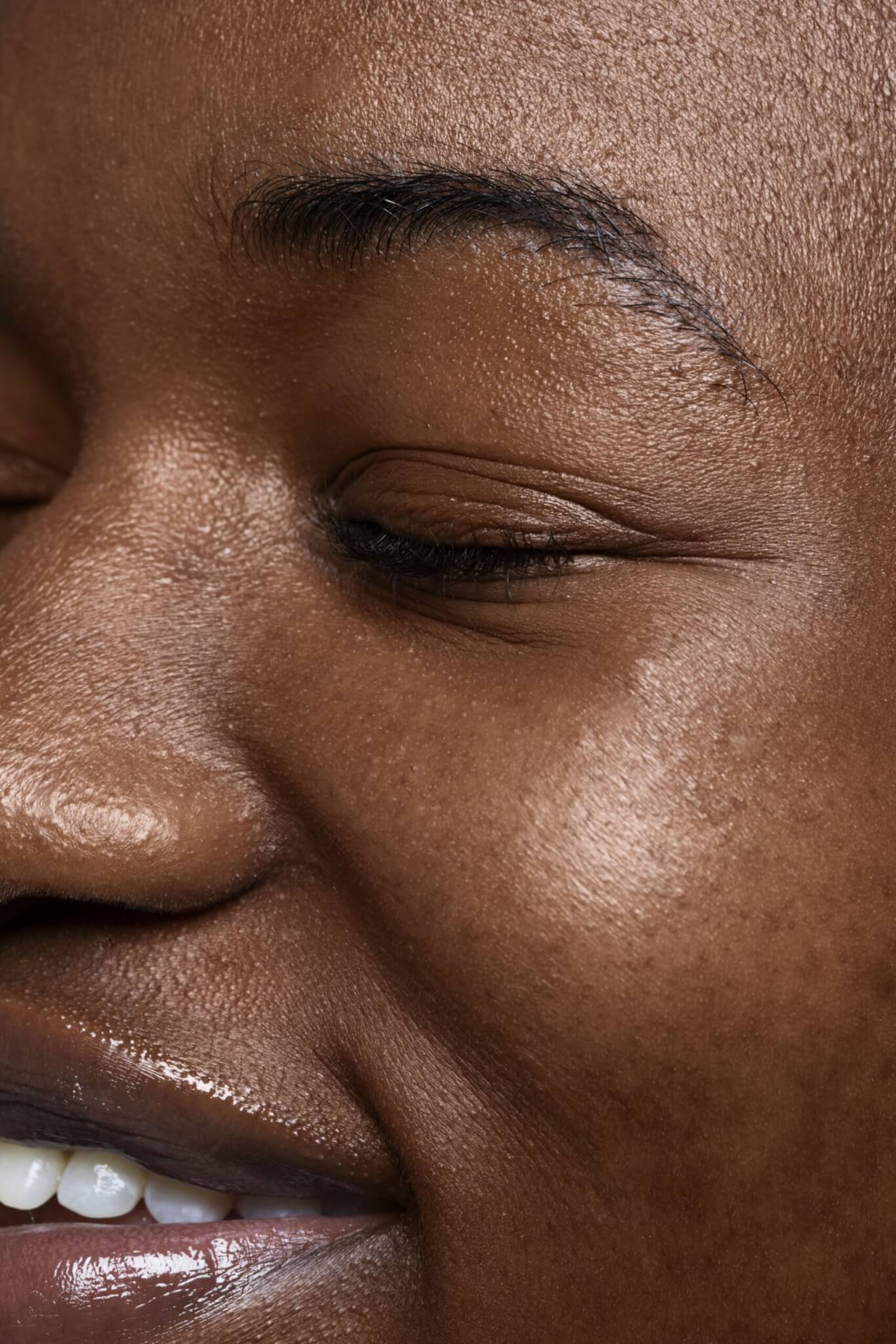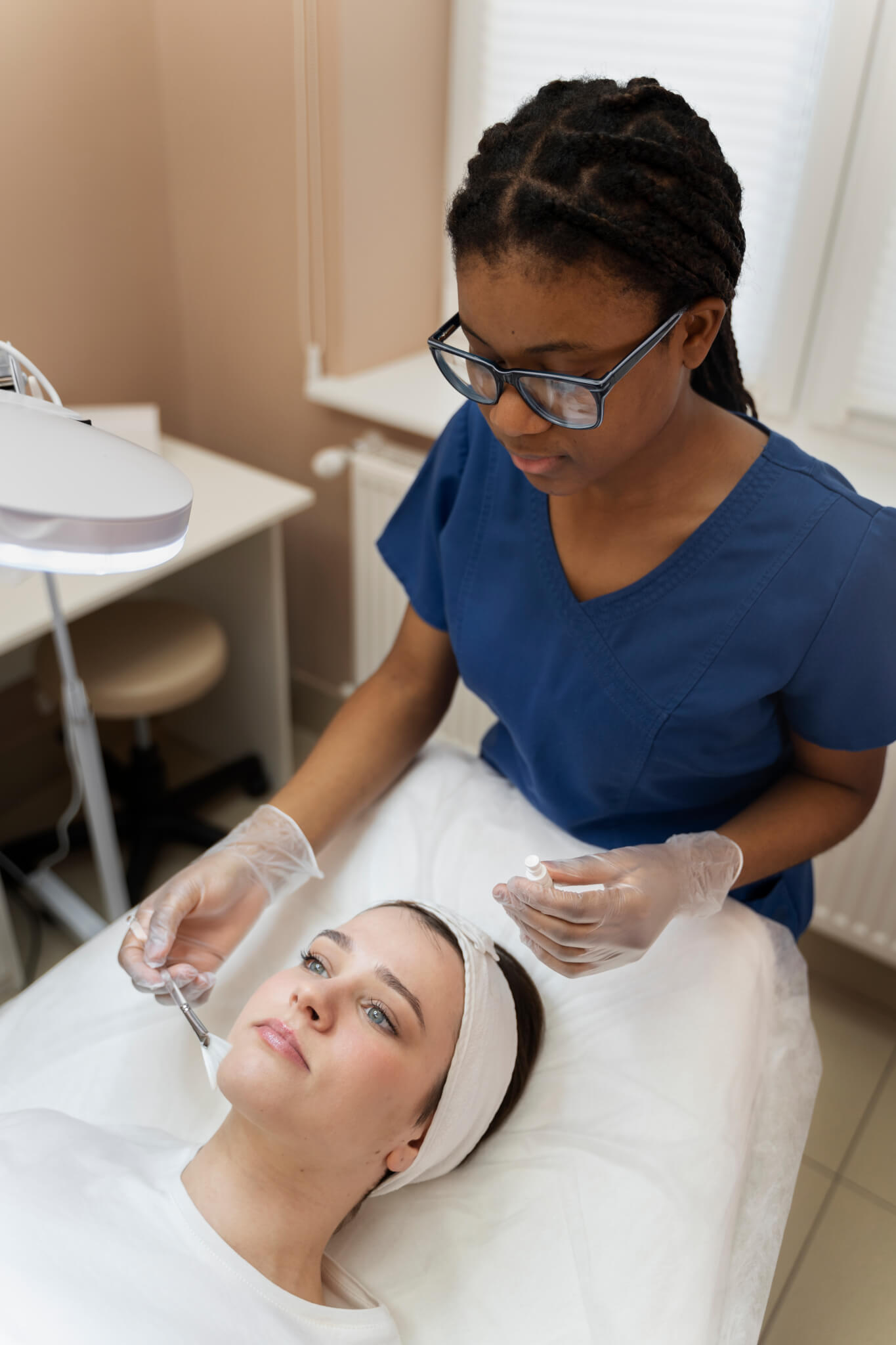In the world of clean beauty and natural skin care, few ingredients generate as much excitement as antioxidants. Among them, plant-based phenols (also called polyphenols) stand out for their remarkable ability to fight free radicals, reduce inflammation, brighten complexion, and slow visible signs of aging. If you’ve ever wondered why green tea extract, grape seed, pomegranate, or olive leaf appear in so many high-performance natural serums and creams, the answer lies in their rich phenolic content.
This comprehensive guide explains exactly what plant-based phenols are, how they work as antioxidants in skin care, which ones deliver the best results, and how to incorporate them into your routine for radiant, resilient skin.
Key Takeaways
- Plant-based phenols are potent antioxidants naturally found in fruits, vegetables, teas, and herbs
- They neutralize free radicals, inhibit oxidative stress, and protect collagen from degradation
- Top evidence-backed phenolic compounds for skin include resveratrol, EGCG, ferulic acid, ellagic acid, and oleuropein
- Phenols work synergistically with vitamins C and E, boosting stability and efficacy
- When formulated properly, plant phenols are suitable for most skin types, including sensitive and acne-prone
Understanding Plant-Based Phenols: Nature’s Most Powerful Antioxidants
What Exactly Are Phenols (Polyphenols)?
Phenols are a large family of naturally occurring compounds characterized by the presence of one or more phenol rings (a six-carbon aromatic ring with a hydroxyl group). When a molecule contains multiple phenol units, it is classified as a polyphenol.
Plants produce these compounds as a defense mechanism against UV radiation, pathogens, and environmental stress—exactly the same stressors that damage human skin. Over 8,000 different phenolic structures have been identified in the plant kingdom, but only a handful are widely used in dermatological and cosmetic formulations.
How Plant Phenols Act as Antioxidants on Skin
Free radicals—unstable molecules generated by UV rays, pollution, blue light, and inflammation—steal electrons from healthy skin cells, triggering a cascade of damage: collagen breakdown, hyperpigmentation, inflammation, and accelerated aging.
Plant-based phenols neutralize free radicals by donating electrons without becoming destabilized themselves. This “self-sacrifice” halts oxidative chain reactions. Many phenols also:
- Inhibit matrix metalloproteinases (MMPs) that degrade collagen and elastin
- Block pro-inflammatory pathways (NF-κB, COX-2)
- Regulate melanin production to reduce dark spots
- Enhance skin barrier function and hydration
The result? Firmer, brighter, calmer skin with fewer fine lines and less environmental damage.
The Most Effective Plant-Based Phenols in Natural Skin Care
| Phenolic Compound | Primary Plant Sources | Key Skin Benefits | Stability & Best Pairings |
|---|---|---|---|
| Resveratrol | Grapes (skins/seeds), berries, peanuts | Potent anti-aging, collagen synthesis, DNA repair | Pairs with ferulic acid & vitamin E |
| Epigallocatechin Gallate (EGCG) | Green tea, white tea | Strongest known antioxidant activity, anti-inflammatory, photoprotective | Stabilized with vitamin C |
| Ferulic Acid | Rice bran, oats, coffee, apples | Boosts vitamin C/E stability up to 8x, UV protection | Classic CE Ferulic combo |
| Ellagic Acid | Pomegranate, berries, walnuts | Brightening, melanin inhibition, collagen protection | Stable in water-based formulas |
| Oleuropein & Hydroxytyrosol | Olive leaf & fruit | Anti-glycation, barrier repair, antimicrobial | Highly stable in oils and emulsions |
| Rosmarinic Acid | Rosemary, basil, sage | Soothing for rosacea & eczema, strong anti-inflammatory | Excellent for sensitive/reactive skin |
| Curcumin | Turmeric | Anti-inflammatory, wound healing, acne control | Needs black pepper extract or solubilization |
| Quercetin | Onions, apples, capers | Mast-cell stabilizer, antihistamine effect | Great for redness-prone skin |
Spotlight on Star Performers
1. Resveratrol – The Longevity Molecule
Found predominantly in red grape skins and Japanese knotweed, trans-resveratrol is one of the most researched polyphenols for skin longevity. Studies show it activates sirtuins (“longevity proteins”), stimulates collagen types I and III, and protects against UVB-induced damage better than many synthetic filters.
2. EGCG from Green Tea
Epigallocatechin gallate is the primary catechin responsible for green tea’s legendary status in skin care. Research published in the Journal of Investigative Dermatology confirms EGCG reduces UV-induced immunosuppression and DNA damage more effectively than many vitamins.
3. Ferulic Acid – The Stabilizer King
This hydroxycinnamic acid, abundant in plant cell walls, is famous for making vitamin C serums shelf-stable and photoprotective. A landmark Duke University study showed a 0.5% ferulic acid + 15% vitamin C + 1% vitamin E formula provided 8-fold greater photoprotection than control.
4. Pomegranate Ellagic Acid
Ellagic acid inhibits tyrosinase and reduces melanin transfer, making pomegranate extract a favorite for treating melasma and post-inflammatory hyperpigmentation naturally.
Why Plant Phenols Beat Many Synthetic Antioxidants
| Feature | Plant-Based Phenols | Common Synthetic Antioxidants (BHT, BHA, TBHQ) |
|---|---|---|
| Source | Natural, renewable | Petroleum-derived |
| Multi-tasking benefits | Anti-inflammatory + brightening + collagen support | Primarily stabilization only |
| Skin affinity | High – structurally similar to human molecules | Lower |
| Environmental & health impact | Biodegradable, generally recognized as safe | Potential endocrine disruptors, banned in some countries |
| Sensory experience | Pleasant natural scents and textures | Often odorless but can cause irritation |
The clean beauty movement has largely moved away from synthetic antioxidants because consumers now demand transparency and biocompatibility—plant phenols deliver both.
Scientific Evidence: What Clinical Studies Actually Show
A 2022 systematic review in Antioxidants (MDPI) analyzed 47 clinical trials on topical polyphenols and found:
- 91% showed significant reduction in oxidative stress markers
- 78% demonstrated visible improvement in wrinkles and elasticity
- 68% reported decreased hyperpigmentation
- Zero serious adverse reactions in properly formulated products
Another double-blind study on 60 women using 0.5% resveratrol serum twice daily for 12 weeks showed a 33% reduction in crow’s feet depth and 18% increase in skin density versus placebo.
Green tea polyphenols (2–5% extracts) consistently outperform many prescription anti-inflammatories for acne and rosacea when applied topically, with the added benefit of zero systemic absorption.
How to Choose High-Quality Plant Phenol Products
Not all “natural” products are created equal. Follow these rules:
- Look for standardized extracts Example: “Punica granatum (pomegranate) extract standardized to 90% ellagic acid” instead of vague “pomegranate extract.”
- Check the INCI list position Effective concentrations usually appear in the top 10–15 ingredients.
- Avoid oxidized or browned formulas Many phenols darken when exposed to air/light—clear or pale formulations with airtight packaging preserve potency.
- pH matters EGCG and vitamin C work best below pH 3.5; resveratrol and curcumin prefer neutral to slightly alkaline.
- Pair wisely The famous CE Ferulic trio (vitamin C + E + ferulic acid) remains the gold standard for daytime antioxidant protection.
Building an Effective Plant-Phenol Skin Care Routine
Morning (Maximum Protection)
- Gentle cleanser
- Vitamin C + ferulic acid + EGCG serum (e.g., 15–20% L-ascorbic + 0.5–1% ferulic + green tea extract)
- Resveratrol or pomegranate antioxidant moisturizer
- Mineral sunscreen (zinc/titanium) – phenols dramatically extend SPF performance
Evening (Repair & Regeneration)
- Double cleanse (oil + gel)
- Resveratrol or bakuchiol + niacinamide serum
- Rich cream with olive-derived hydroxytyrosol, rosmarinic acid, and centella
- Weekly: gentle ellagic acid mask for brightening
Targeted Treatments
- Dark spots → Pomegranate + licorice root (ellagic + glabridin)
- Redness/rosacea → Quercetin + rosmarinic acid + azelaic acid
- Acne → Green tea EGCG + curcumin + tea tree
- Mature skin → Resveratrol + grape seed proanthocyanidins + astaxanthin
Potential Side Effects & Who Should Be Cautious
Plant phenols are among the safest actives in dermatology, but:
- High-dose curcumin or green tea extracts can rarely trigger purging in acne-prone skin
- Very sensitive or barrier-damaged skin may react to high-potency ferulic acid serums (start with 0.5%)
- Always patch test new products
Pregnant or breastfeeding individuals should stick to well-studied options like green tea polyphenols and vitamin C + ferulic combinations.
The Future of Phenolic Skin Care
Emerging research is focusing on:
- Nano-encapsulated resveratrol for deeper penetration
- Fermented polyphenol complexes (higher bioavailability)
- Mushroom-derived phenolic acids (ergothioneine, tremella polysaccharides)
- Blue-light specific blockers from coffee berry and cacao
Brands that combine multiple phenol classes (flavonoids + phenolic acids + stilbenes) in one formula are showing superior results compared to single-ingredient products.
Final Thoughts: Embrace Nature’s Most Sophisticated Defenders
Plant-based phenols represent the perfect marriage of time-tested botanical wisdom and modern dermatological science. They don’t just sit on your skin—they actively intercept damage, repair existing issues, and strengthen your skin’s own defenses for the long term.
Whether your goal is to prevent premature aging, fade dark spots, calm inflammation, or simply achieve that coveted lit-from-within glow, there is a plant phenol (or synergistic blend) that can help.
At DermArtisan, we source the highest-grade, standardized phenolic extracts from organic farms and formulate them at clinically effective levels in airtight, opaque packaging to ensure every drop delivers maximum antioxidant power.
Ready to experience the difference plant-based phenols can make? Explore our curated collection of polyphenol-rich serums, moisturizers, and treatments—your skin will thank you tomorrow for the protection you give it today.
